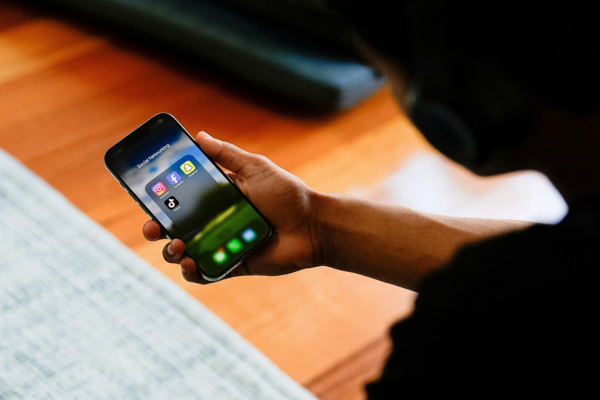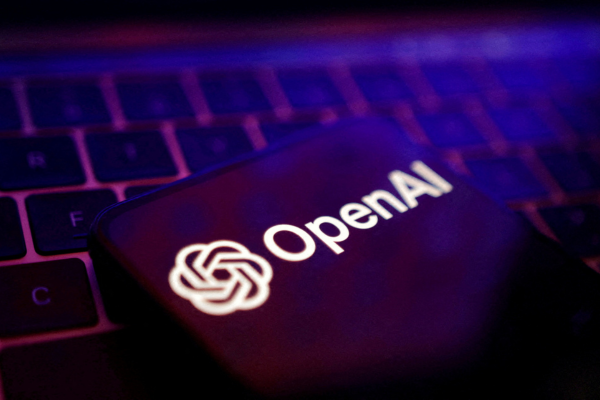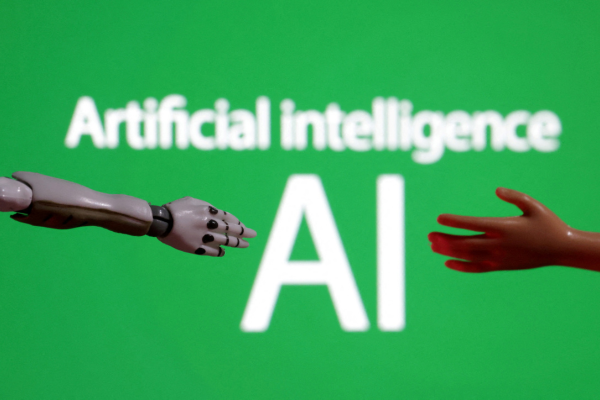How emotionally intuitive design makes for better digital health services
Why we need to stop disrupting and start caring
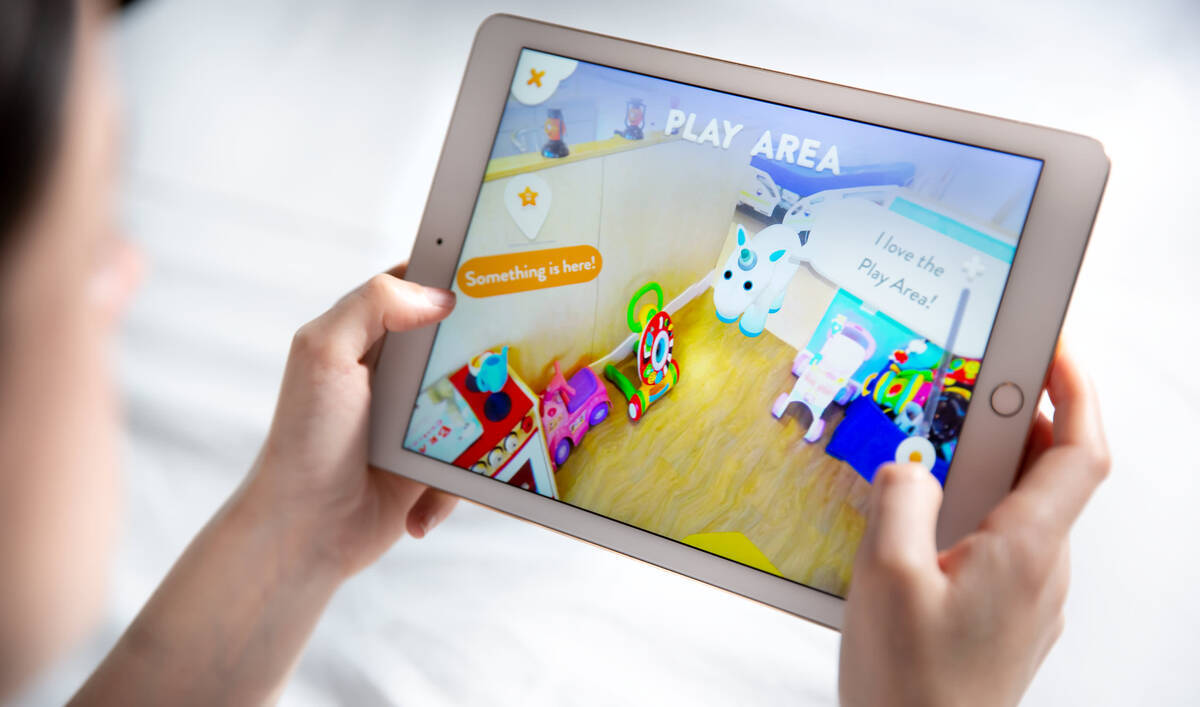
Hope. Fear. Uncertainty. Love. Anxiety.
Healthcare isn’t just about statistics, science and quantifiable outcomes. It’s an emotional, deeply personal experience, whether someone is seeking fertility treatments to become a parent, managing a chronic condition to be able to live life on their terms or prolonging their time with loved ones.
When working on digital healthcare products, from treatment companion apps to tools for clinicians, we need to keep this human aspect as a priority.
Digital isn’t just a way to make the healthcare field more efficient. And it certainly isn’t all about innovation for innovation’s sake or “disrupting” the industry.
Done right, digital products can help make healthcare more human.
Design for emotional journeys
When the emotional response is at the foundation of the design process, digital products can help make the healthcare journey less daunting.
Our award-winning companion app for Alder Hey Children’s Hospital, for example, uses a chatbot and Augmented Reality (AR) to make young patients feel more familiar and at ease with their medical treatments and the hospital surroundings.
Vibrant Emotional Health recognised the importance of empathetic digital experiences when they brought us on for a pro bono project to address the needs of people queuing for the National Suicide Prevention Hotline. We created the Safe Space, a virtual experience delivering coping tools and distraction techniques via a soothing interface for passive interactivity. The experience was shaped by conducting user research with genuine care to understand people’s feelings, fears and goals when they come to The Safe Space.
Digital health experiences designed for areas outside of the mental health space also need to take people’s emotional well-being into consideration in the design phase.
Let’s look at people going through their fertility journey, for instance. Most apps designed for this purpose are focused on the clinical side of fertility treatments, but people also need emotional support. So Helios Health partnered with ustwo to create Pineapp, a digital companion service to support in-person fertility treatment and the wider medical journey.
In our user research and focus groups, we heard about the emotional journey. That individuals often feel isolated, lonely, overwhelmed or “disconnected” between appointments, which is particularly true for people embarking on their first fertility experience. And we all know too well that health services are often time constrained, meaning that clinical consultations risk inadequately addressing questions and anxieties.
With all of this in mind, we knew Pineapp would need to be informative, relevant and supportive for both newcomers and veterans, because it’s not unusual for people to go through fertility treatments more than once. Some individuals become experts in the field in their own right.
By providing deeper information and personalised treatment plans, by approaching the individual’s experience as an emotional journey, Pineapp meets them where they are today and supports mental as well as physiological health.
It empowers individuals, giving them understanding, control and agency over their own fertility journey. It runs at their pace.
We’re channelling the same principles into our work as a founding partner and digital experience lead of the Cancer Platform, an online platform and product currently being created by the Cancer Awareness Trust. It will provide accurate, trustworthy information to people who are affected by cancer, or looking for ways to lower their risk so they can take charge over their own health. The goal is to help them feel confident about their medical treatment and decisions.
No matter the area of health, our work in the space is connected by the empowerment of people seeking or receiving care, even when the primary users are clinicians. For instance, we designed a product with Fresenius that helps clinicians make decisions with their patients’ full understanding and a patient companion that helps them understand chronic kidney disease treatment options more clearly.
Reshaping the patient-clinician bond
Can an app avoid becoming a barrier between the individual and their clinician, and in fact better connect them?
We know when approaching work like Pineapp that there is a fear of technology overturning or becoming a barrier to the clinician-patient relationship. Patients often worry that online consultations, automated replies or even AI systems could eventually replace face-to-face consultation. But when designed with care and with a human-centric perspective, digital technology has the opportunity to support and strengthen the partnership between the individual and their clinician.
When working on Pineapp, we talked to individuals and clinicians regularly, making sure that both sides of the treatment experience were being heard.
To create stronger patient-clinician bonds, we ran clinical focus groups and identified ways in which the product could positively impact the fertility journey. For instance, Pineapp demystifies medical jargon and offers information which helps individuals have more productive in-person conversations with their doctors.
Rather than replacing the human connection, Pineapp acts as a bridge between intended parents and care teams in between appointments. It offers essential information and emotional support. This helps prevent individuals feeling left to themselves after seeing a health practitioner and extends the relationship beyond the face-to-face appointments.
Meanwhile, more data-driven projects we’ve worked on, like Fresenius’s the Doctor App or Deepmind Health’s Streams app, help give clinicians more time to spend with patients and the tools they need to personalise care.
Handling technology’s risks with a human-centred approach
Of course, healthcare is a highly regulated space. Any digital service in health must consider health outcomes, patient safety, data privacy and compliance with regulatory and other standards.
ustwo’s approach for all of our digital health work is to keep everything we design centred on people. This means human-centred design, of course. But more than that, it means emotional response and real connections. We design with individuals and clinicians, rather than just for them. And we recognise that people – especially from marginalised groups – have been previously harmed by medical technology.
Technology needs to become more responsible because it tends to be an amplifier of inequality and bias. There are obvious and well-documented privacy and data security concerns in menstrual health and other healthcare apps. And AI and other data-driven technologies have huge potential in diagnosis – poorly used, they inadvertently risk worsening health inequalities experienced by minority ethnic groups due to biased algorithms, poor data collection and a lack of diversity in research and development. Stories like these are why we believe it is essential that all of our design work is human-centred, emotionally intuitive and responsible.
Someone out there who understands us
What is the way forward in the digital health industry? Stop disrupting, and start caring.
When working on Pineapp, one of our research participants told us:
"It’s a new tool for all women in the future. We’d feel that there’s someone out there who understands us. I wish that every clinic could offer this to us."
Someone out there who understands us. That’s why we do this work.
For more about our work and values, please visit ustwo.com.
By Nicki Sprinz, Global MD at ustwo studios
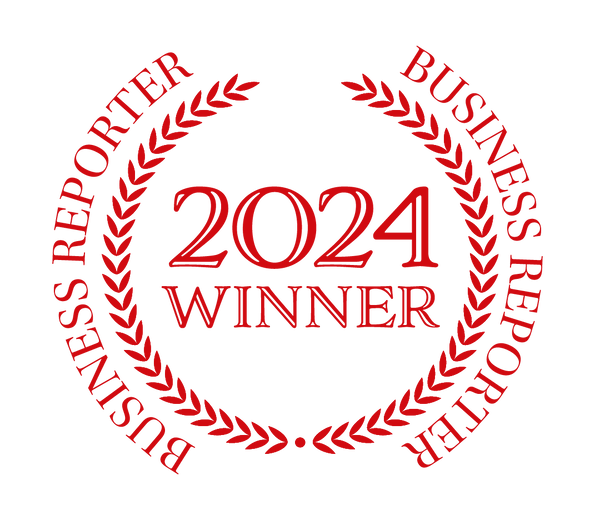

Business Reporter Team
Most Viewed
Winston House, 3rd Floor, Units 306-309, 2-4 Dollis Park, London, N3 1HF
23-29 Hendon Lane, London, N3 1RT
020 8349 4363
© 2025, Lyonsdown Limited. Business Reporter® is a registered trademark of Lyonsdown Ltd. VAT registration number: 830519543

